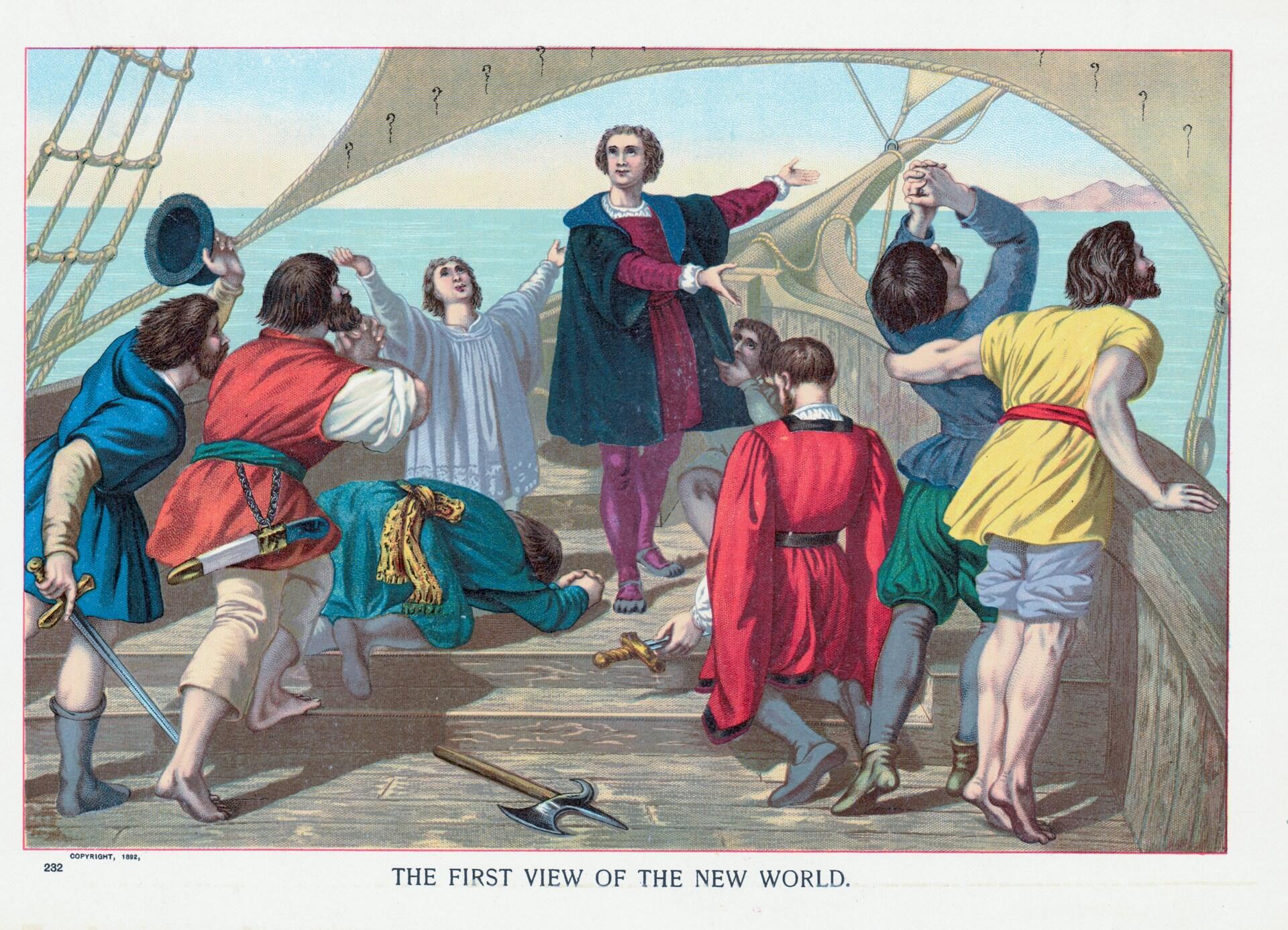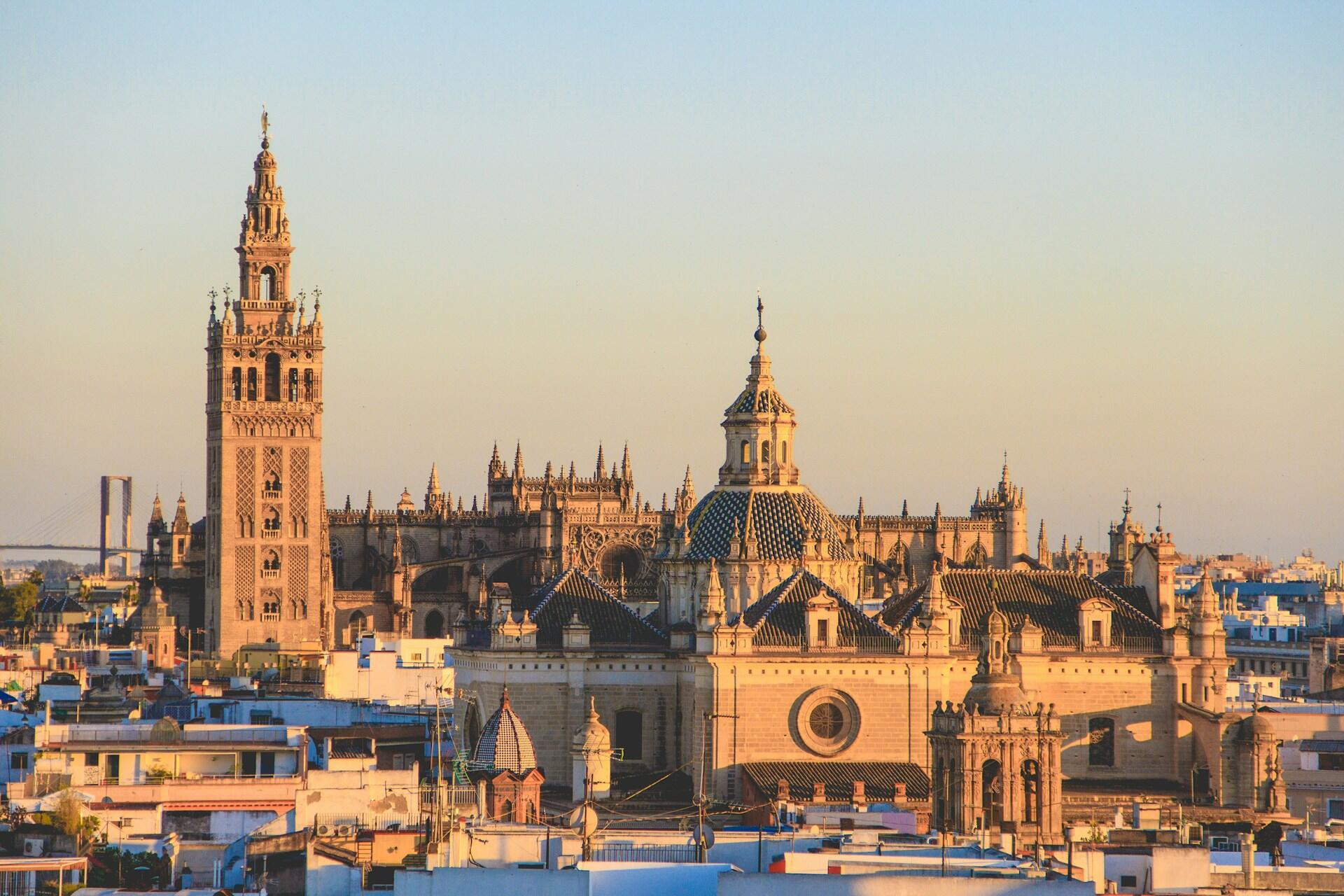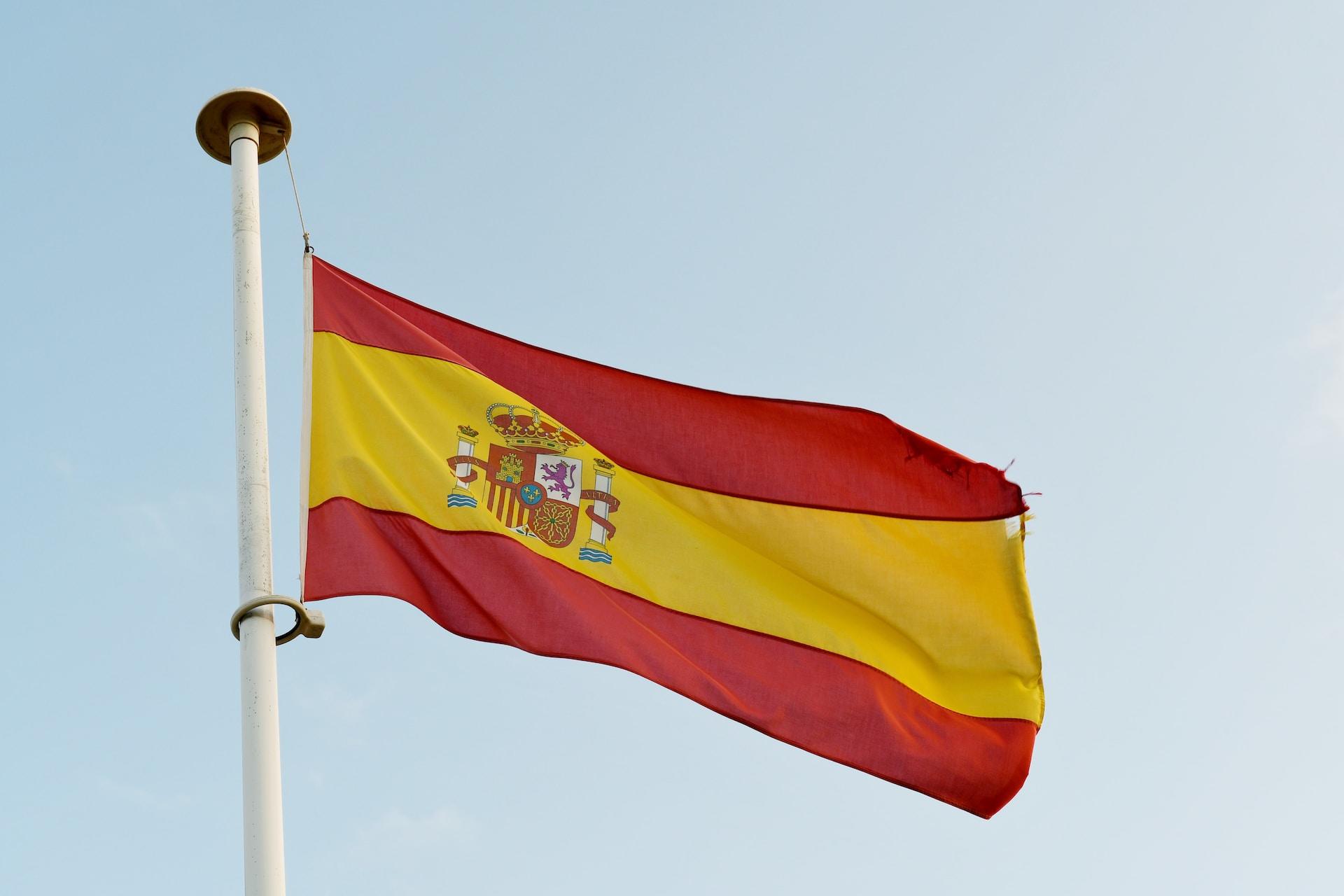The history of Spain is much more than dates and names; it is the foundation of our identity and culture. From the ancient civilizations that inhabited the peninsula to modern Spain, each chapter has left a deep mark that continues to influence our lives today. The coexistence of cultures, struggles for power, and social advances have built a diverse nation rich in traditions.
Knowing our history is not just an exercise in memory, but a way to understand where we come from and how we came to be who we are. That's why, to test your knowledge of this fascinating journey, we invite you to take a quiz that will take you from the most important events to the moments that defined Spain on the world stage.
Quiz
Quiz :
Timeline of the History of Spain
711 BC
Prehistory and early civilizations
The first civilizations on the Iberian Peninsula included the Iberians, Celts, and Phoenicians, who left behind a cultural, commercial, and linguistic legacy. The Phoenicians introduced the alphabet and founded cities such as Cádiz.
218 BC - 476 AD
Roman Hispania
Spain was part of the Roman Empire, which left important contributions such as Latin, Roman law, and advanced infrastructure.
476 AD - 1492
The Middle Ages: From the Visigoths to the Reconquista
The Visigoths settled in Spain after the fall of the Roman Empire. The Reconquista was a long process in which the Christian kingdoms regained territory from the Muslims, culminating in the capture of Granada in 1492.
1492 1580
The Catholic Monarchs and the Renaissance
The Catholic Monarchs unified Spain and completed the Reconquista. In 1492, Christopher Columbus arrived in America, marking the beginning of the Spanish empire in the New World.
1580 - 1700
The Golden Age and the Spanish Empire
Under the Habsburgs, Spain reached its maximum territorial expansion, but also began to face internal problems, such as economic and military decline, reflected in the defeat of the Spanish Armada in 1588.
1700 - 1808
The Modern Age: The War of Succession and the Bourbons
The War of Spanish Succession (1701-1714) resulted in the rise of the Bourbons, with Philip V. During this period, reforms were carried out to modernize Spain.
1808 - 1931
The Contemporary Age: Wars and Transitions
Spain went through the Napoleonic invasion, the War of Independence (1808-1814), the Carlist Wars, and the loss of its last colonies in 1898. The First Republic and the Bourbon Restoration followed this period.
1873 - 1931
The First Republic and the Restoration
The First Republic was brief and unstable, followed by the Bourbon Restoration, which brought a political system of alternating liberal and conservative rule, albeit with high levels of corruption.
1936 - 1975
The Civil War and Franco's Dictatorship
The Civil War (1936-1939) divided Spain between Republicans and Francoists, resulting in Franco's dictatorship, which lasted until his death in 1975, a period marked by political repression and autarchy.
1975 - Present
The Transition and Democratic Spain
After Franco's death, Spain transitioned to democracy with the 1978 Constitution. Since then, it has been a democratic state, a member of the EU and NATO, facing social and economic challenges.
In the test, you probably answered questions about some of these key moments in Spanish history, such as the War of Succession and the Catholic Monarchs, which marked the beginning of a new era for the country.
The history of Spain is full of fascinating episodes that continue to influence modern society. But why is it important to know this history and how does it connect to our present?
Knowing the Past to Understand the Present
Through events such as the unification of the kingdoms under the Catholic Monarchs, the conquest of the Americas, and the struggle for democracy after Franco's dictatorship, Spain's history reflects the processes of change, adaptation, and resilience that have shaped the country.

For example, the repercussions of the Spanish Civil War and the subsequent dictatorship of Francisco Franco are still topics of debate and reflection in Spanish society, and knowledge of these events allows us to approach contemporary issues with greater perspective.
In addition, moments of great splendor, such as the rise of the Spanish Empire or the cultural influence during the Golden Age, remain a source of pride and fascination.
Why Should We Study Spanish History?
Learning about Spanish history not only allows us to understand how the country we know today was forged, but also offers valuable lessons about coexistence, conflict, and political evolution. Each phase of Spanish history, from Romanization to the Democratic Transition, is full of decisions and events that teach us about power, justice, and collective identity.
The Alhambra in Granada is one of the most important monuments of the Muslim era in Europe. Although it was built by Muslims, its influence lives on in the architecture and culture of Spain to this day.
History is not just a collection of dates and names; it is a tool that helps us understand how Spanish society has evolved through its victories, defeats, and transformations.
Continue Exploring History
Were you surprised by any of the quiz answers? Did you discover something new that you would like to learn more about? Spanish history is an endless source of knowledge and lessons, and the wonderful thing is that there is always more to discover. Each historical period has its own set of challenges and triumphs, and exploring those moments gives you a deeper understanding not only of Spain, but also of how global history is interconnected.
So don't stop here. Keep learning about the events that shaped Spain, from the rebuilding of the country after the dictatorship to the fundamental role it plays in the European Union today. History is full of surprises, and there is always more to discover. Spain's historical adventure has just begun for you!
Summarize with AI:
















